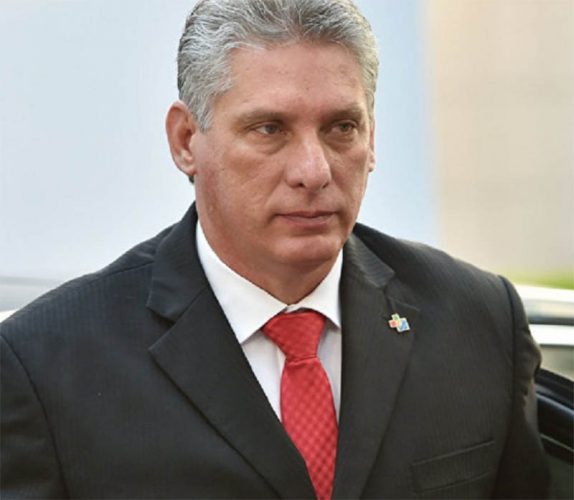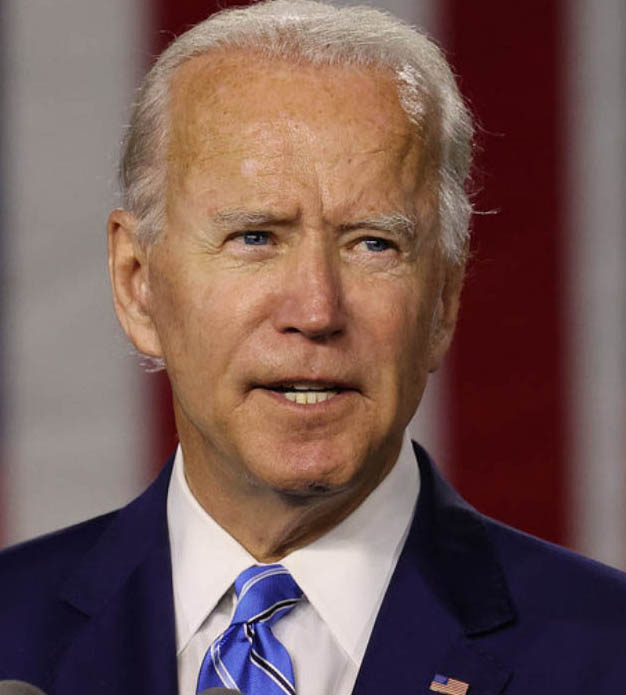There is hardly a foreign policy issue that creates more ‘bad blood’ between the two primary political forces in United States politics, the Democrats and the Republicans, than relations between the US and Cuba, so that when it was disclosed recently that President Joe Biden would likely lift a long-standing visa and travel ban, an energetic political squall erupted in the US between the backers of the idea and those who were bitterly opposed to it.

“The Cuban people are confronting an unprecedented humanitarian crisis and our policy will continue to focus on empowering the Cuban people to help them create a future free from repression and economic suffering,” the State Department trumpeted last week, a pronouncement that appeared to be very much a summary of the position of the Biden administration. Contextually, the US State Department argued that the removal of the embargo on Cuba will “facilitate educational connections between the two countries, as well as support professional research including support for expanded internet access and remittance process companies.”
Crucially, what is being seen as indications of a likely important shift in relations between Washington and Havana under the Biden administration could have important implications for the Cuban economy since an important element in the US’ moderation involves a boost in the inflow of remittances to Cuba that will be realised through the lifting of the current remittance limit of US$1,000 per quarter per sender and, as well, the clearing of non-family remittances for independent Cuban entrepreneurs.
While the Cuban administration is not unmindful of the significance of what appears to be a notable shift from the long-standing hardline policy of the US towards that country, the country’s Foreign Minister, Bruno Rodriguez, has described the action as “a small step in the right direction,” though he points out that it does fail to modify the more than half a century-old embargo which prevents American businesses, and businesses organised under US law or majority-owned by American citizens, from conducting trade with Cuban interests. Rodriguez has reportedly written that “neither the objectives nor the main instruments of the United States’ policy against Cuba, which is a failure, are changing.”
So unified have the opposing political forces in the United States been on the matter of easing restrictions on Cuba that even President Joe Biden’s Democratic Party has denounced the lifting of some restrictions, saying that the Cuban regime “continues its ruthless persecution of countless Cubans from all walks of life.”






